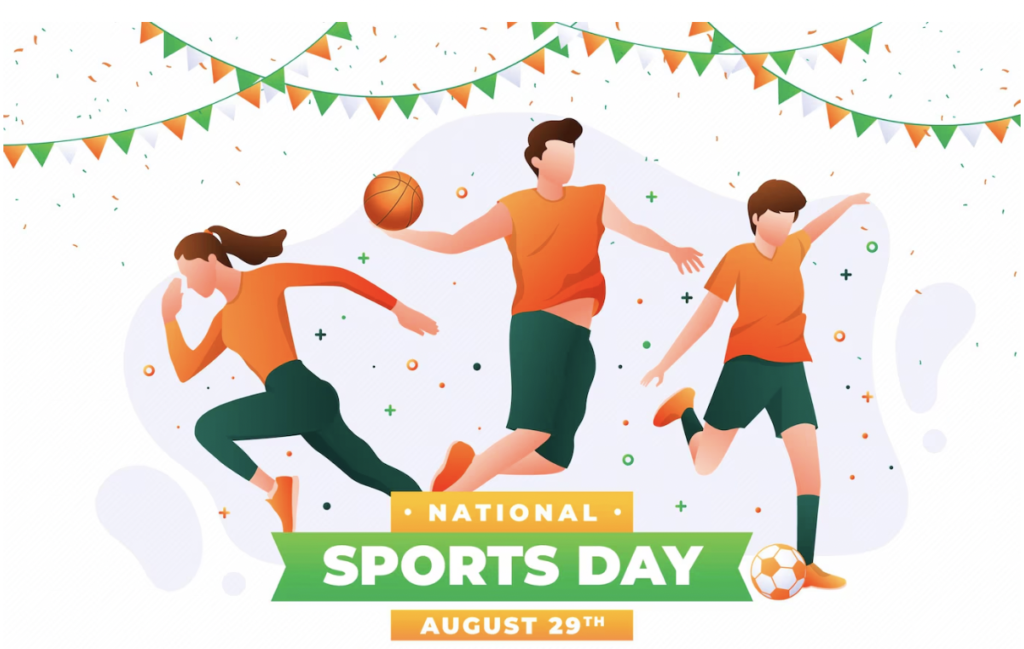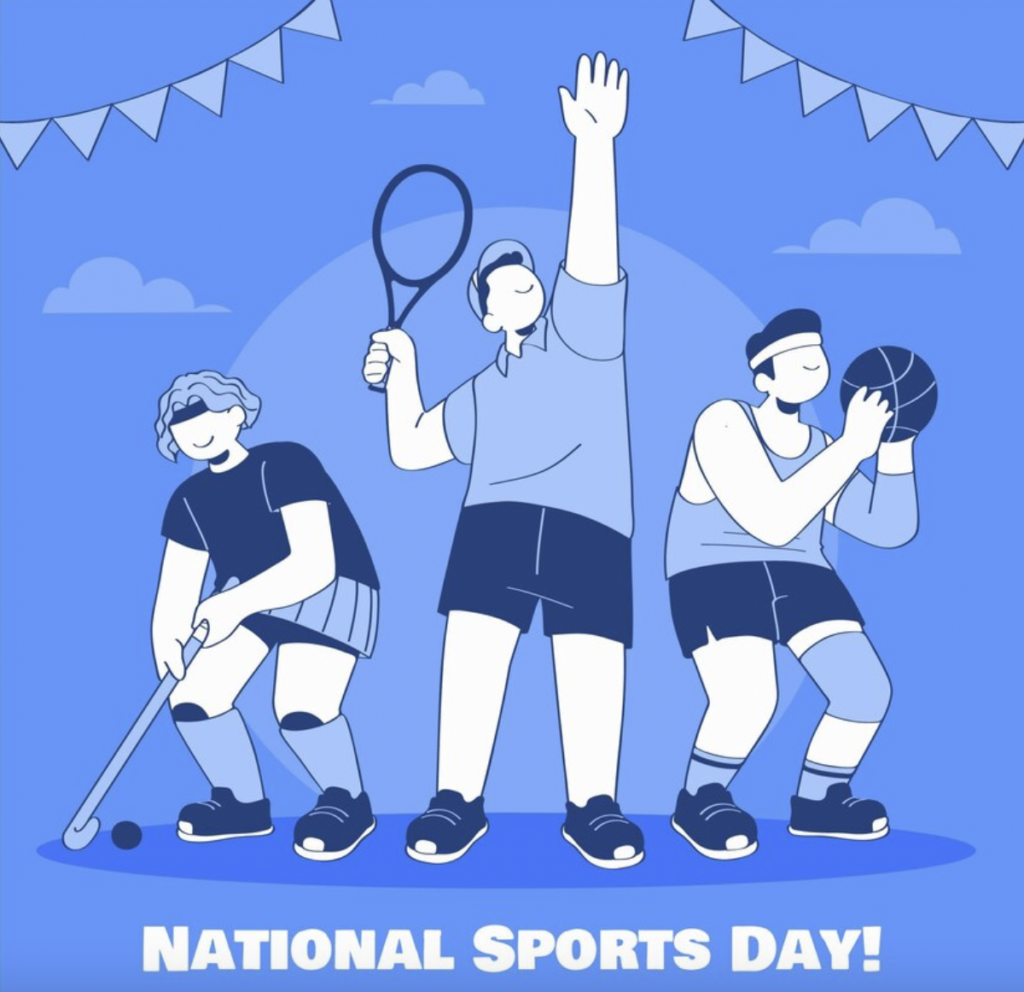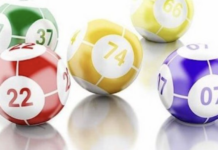Sports festivals are colourful and full of cultural events that are globally significant. Traditional sports are demonstrated during the festivals where new generations can learn about history. They also serve as a platform where younger ones can learn the aged traditions to ensure that they remain relevant in modern-day society.
Historical Origins and Evolution
Existing records suggest that traditional sports festivals have very long historical backgrounds, sometimes going back to ancient ceremonies and community meetings. It may be observed that the Olympic Games began as religious festivities devoted to Zeus in ancient Greece. Additionally, the Scottish Highland Games trace their roots to clan gatherings in the 11th century, which were marked by athletic contests meant to celebrate strength and prowess.
Over time, these events have changed, incorporating new trends yet keeping their main aspects intact. This is because culture is a dynamic thing with historical practices being infused into contemporary settings, such that they still possess great meaning and importance today. Fans of these events, with a keen interest in their outcomes, can engage further by using platforms like Melbet NG to place bets on various competitions.
Cultural and Social Impact
The cultural influence of sports festivals is profound, with several important components:
- Strengthening communal identities: This makes people feel more strongly part of a particular group or place.
- Transmitting cultural values: Festivals teach young people how to behave according to conventions set by elders.
- Fostering unity and pride: This is why sports holidays create social coherence for all participants.
In addition, these games serve as important cultural rituals beyond athletics that bring together communities and enhance community ties while perpetuating culture. These experiences affect social well-being in general, as well as enriching local cultures as a whole throughout this area.

Major International Sports Festivals
Traditional games from various parts of the world display a range of sports, vibrant festivities, and rich cultural traditions. In addition to being about athletics, these competitions enhance societal ties and preserve cultural heritage. Notable festivals like Mongolia’s Naadam and Scotland’s Highland Games underscore their enduring importance.
The Naadam Festival in Mongolia
Mongolia holds the Naadam Festival annually to celebrate what they call the “Three Manly Games”: wrestling, horse racing, and archery. These traditional sports have deep roots in Mongolian culture and history, representing strength, skillfulness, and stamina. The wrestlers dress in costumes according to their ritual before each fight starts.
Horse races involve races that cover long distances and are held across the steppes, showcasing both the horses’ endurance and that of their riders. Participants in archery events use bows made according to ancient designs, demanding much accuracy. In addition, it is a cultural feast where music and dancing take centre stage, and many types of traditional dishes are eaten, reflecting the Mongolian nomadic lifestyle.
The Highland Games in Scotland
The Scottish Highland Games are uniquely athletic competitions infused with a lot of cultural festivity. These include the caber toss, where participants flip over large, heavy logs end over end, while the hammer throw involves hurling a heavyweight as far as possible. Playing bagpipes or Highland dancing adds beauty to these traditional games, attracting people from all walks of life.
There are also parades during which clans march wearing their tartans, which sets them apart from others. Consequently, such contests bring together communities, fostering pride among their members for their own values on one hand but also attracting tourists who wish to witness competitive matches rooted in Scotland’s Celtic culture.
Preservation of Traditional Sports
Sports festivals serve as crucial links to the preservation of traditional sports that would otherwise be forgotten. Through this, the games are kept alive and remain relevant. The modernisation attempts sometimes involve contextualising these sports with our time while still retaining their core values.
For instance, younger generations can try out traditional sports if some modern safety measures are integrated into them. Educational programmes and cultural campaigns also contribute to popularising these games by teaching their history and techniques to different audiences. Hence, by promoting interest among people in general, sporting festivals ensure that those particular customary pursuits persist while representing an integral part of cultural heritage.

Economic and Tourism Aspects
The significance of sports festivals on the economy and tourism is paramount. Some of these advantages include:
- Tourism increment: Festivals attract global tourists, thereby leading to increased revenue generation for local businesses such as hotels, restaurants, shops, etc.
- Job creation: Events create job opportunities in areas like event management, the hospitality industry, and the transport sector.
- Cultural tourism: Visitors gain a deeper appreciation of local traditions, thus enhancing global interest in cultural practices.
These economic benefits reveal their importance not only as cultural events but also as vital contributors to local economies. They explain how culture can promote economic growth through tourist activities, thus enhancing international recognition for traditional sports that have continued to draw worldwide attention until now.
Sporting festivals remain attractive because they blend athleticism with historical backgrounds. They enhance social cohesion between communities, preserve traditional games, and boost local economies via tourism initiatives. By doing so, sports festivities maintain rich traditions that foster diversity in cultures as well as promote heritage appreciation, which aims at ensuring continuity with future generations.




